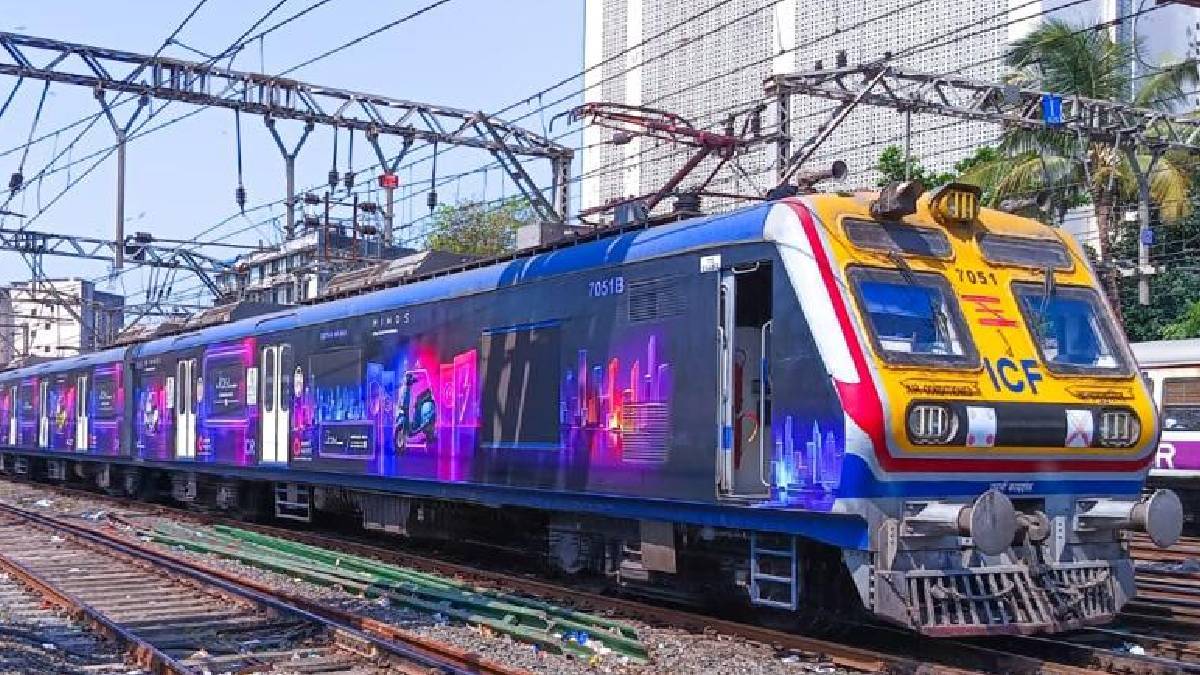Mumbai are soon to be equipped with “Metro-like” AC coaches featuring closed doors, a significant announcement made by Chief Minister Devendra Fadnavis in the legislative assembly. This transformative upgrade, aimed at enhancing safety and comfort without increasing fares, marks a pivotal moment for the city’s lifeline, promising to redefine daily commutes and contribute to a more sustainable and equitable urban transport system.
The decision to introduce new, air-conditioned coaches with automatic closed doors directly addresses the long-standing safety concerns arising from overcrowded suburban trains, which have tragically led to numerous fatalities. Chief Minister Fadnavis highlighted the stark contrast between the fully air-conditioned Metro, offering ease of travel with closed doors, and the often-overcrowded suburban trains where open doors contribute to accidents. This strategic move aims to bridge that gap, ensuring a safer and more dignified travel experience for millions of Mumbaikars.
The Chief Minister confirmed that Union Railway Minister Ashwini Vaishnaw is expected to make a formal announcement regarding these AC coaches, signalling a collaborative effort between the state and central governments to prioritise commuter welfare. This initiative is crucial for a city where local trains transport over 7.9 million people daily, with peak-hour congestion pushing the system to its limits despite the expansion of metro lines. The introduction of closed-door coaches is a direct response to the alarming statistics of over 7,500 commuter deaths and 7,200 injuries in the past three years, predominantly due to falls and track accidents.
Beyond the immediate safety benefits, the upgrade to AC coaches with closed doors will significantly improve the overall travel environment. Air-conditioned coaches will offer respite from Mumbai’s often humid and hot climate, enhancing passenger comfort and reducing the physical strain of daily commutes. The closed-door system will not only prevent accidental falls but also contribute to better crowd management within the coaches, making journeys more predictable and less stressful. This enhancement aligns with the vision of creating gender-neutral and equitable cities, where public transport is universally accessible, safe, and comfortable for all.
Furthermore, this modernisation of the suburban rail network complements other ongoing infrastructure projects in the Mumbai Metropolitan Region. Chief Minister Fadnavis also provided updates on the Navi Mumbai International Airport, expected to be fully operational by September-end, and the underground Colaba-BKC-Aarey Metro 3, projected for full operation by October. These integrated transport developments, including the fast-paced work on Vadhavan Port and the planned Education City in Navi Mumbai, collectively aim to enhance connectivity, stimulate economic growth, and ensure that Mumbai continues its trajectory towards becoming a world-class, sustainable metropolis. The commitment to no fare hike underscores a people-centric approach, ensuring that improved safety and comfort remain affordable for the masses.
Also Read: Gurgaon Metro Project Faces Delay Over Cyber City Station Land Row


